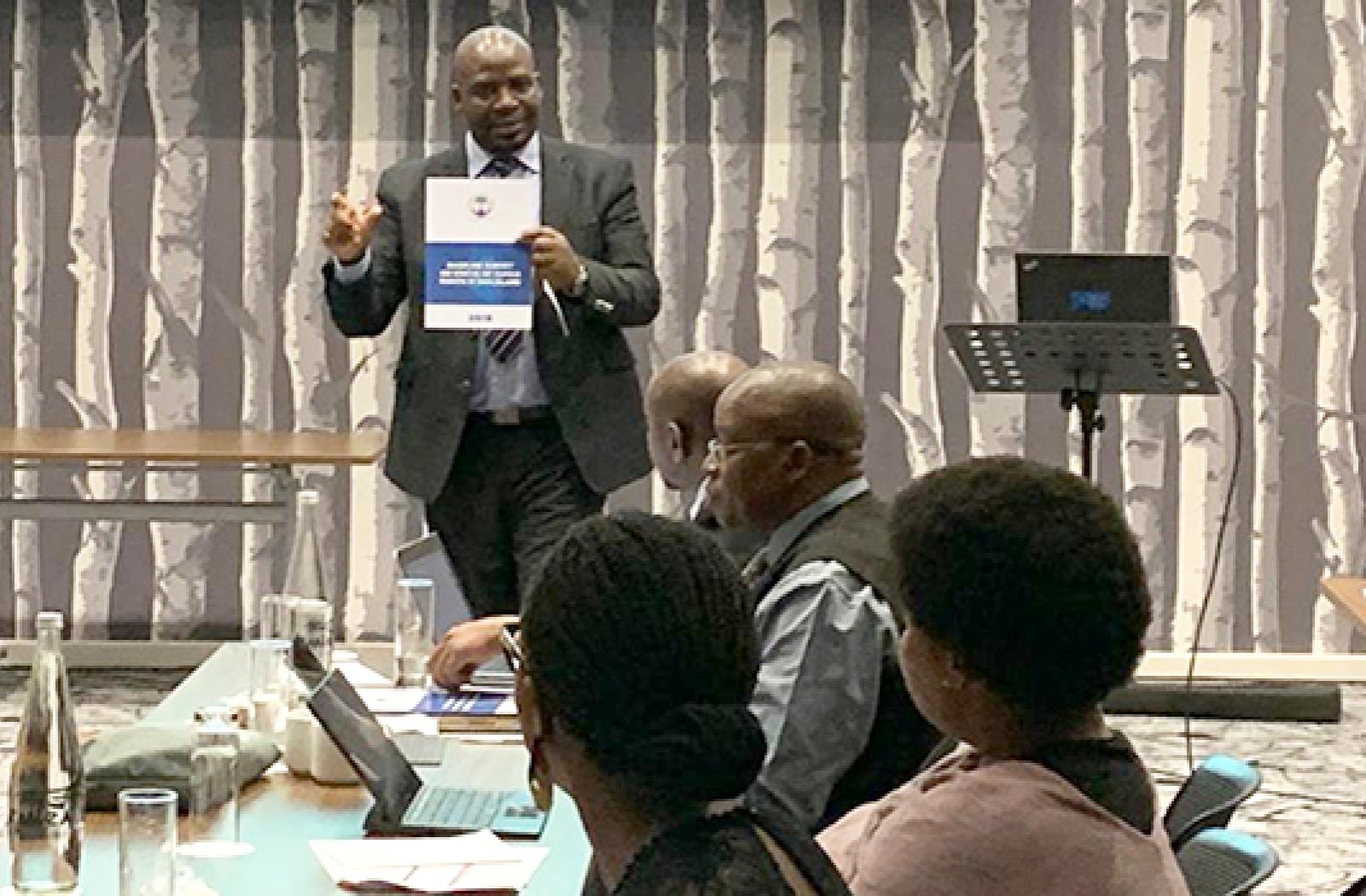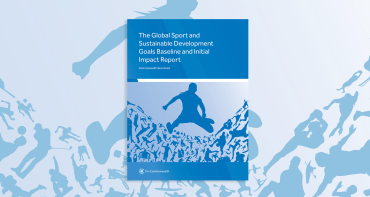The Commonwealth is assisting in strengthening the promotion and protection of human rights in eSwatini through the sharing of expertise between institutions.

The Commonwealth is assisting in strengthening the promotion and protection of human rights in eSwatini through the sharing of expertise between institutions.
A working session was convened in eSwatini this week by the Commonwealth’s Human Rights Unit.
It allowed senior officials from the Kenya National Commission on Human Rights (KNCHR) to share more than 23 years of experience with its more newly formed eSwatini counterpart.
The working session served as an orientation for the eSwatini Commission on Human Rights and Public Administration (ECHRPA) deputy commissioners who were appointed in July 2019 and a capacity building exercise for existing staff.
Representatives from the KNCHR shared their procedures and best practice examples in the key areas of institutional strengthening, accreditation, case management, and stakeholder engagement.
The Minister of Justice, President and Deputy President of the Senate, and Chair and members of the Justice Portfolio Committee participated, as did officials from the Office of the Deputy Prime Minister, Office of the Attorney-General, Ministries of Labour and Health, Anti-Corruption Commission, Royal eSwatini Police Service, and eSwatini Defence Forces.
Pholile Dlamini-Shakantu, Minister of Justice and Constitutional Affairs, said the ECHRPA was “integral in promoting the rule of law and achieving the Sustainable Development Goals”.
She emphasised that the working session would strengthen the commission and help parliament better understand the role of the ECHRPA and the challenges it faces.
She also thanked the KNCHR for its assistance and expressed gratitude for technical and financial support from the Commonwealth.
There were various positive outcomes from the meeting including agreement to soon meet with senators to further explain the role of the ECHRPA and its work, and explore how the commission and parliament can support one another.
Other outcomes included a new partnership between the ECHRPA and the KNCHR, recognition and prioritisation of the need to adopt and implement IT systems, and agreement to begin drafting a new strategic plan, develop an accreditation plan and timeline and finalise standard operating procedures on complaints handling.
Sabelo Masuku landscape
Sabelo Masuku, chairperson of the ECHRPA, said: “The whole orientation programme was impactful in the sense that we now have partners. It has led to a promise to have some Memorandums of Understanding signed. Our commissioners are also very happy. It has closed a big gap.”
He added the Commonwealth had “a big impact because it gave the programme credibility to our partners and stakeholders”.
George Morara landscape
KNCHR vice-chairperson George Morara said: “For us this session was to help and discuss with the eSwatini commission a few critical areas, and vital lessons learned and how they can go forward.”
The working session was part of the Commonwealth’s ongoing support to the ECHRPA as it works towards accreditation with the Global Alliance of National Human Rights Institutions.


